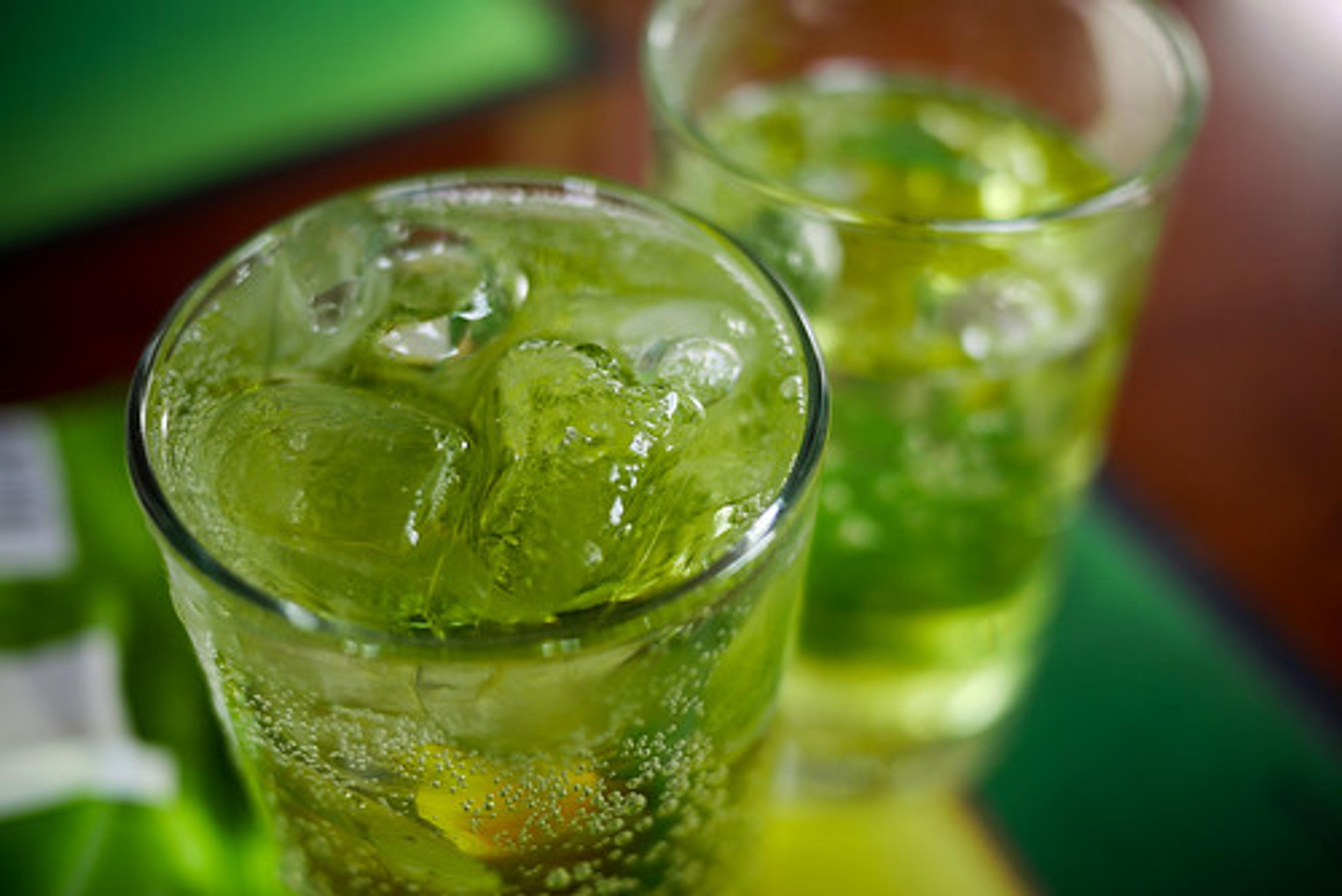What Do Sugary Drinks Mean for Your Oral Health?

Julie Bitely
| 2 min read

It should come as no surprise that beverages like pop, juice and energy drinks can cause some serious damage to your teeth. But do you know where the term “soft drink” actually comes from and what, within a sugary drink, causes dental decay? This is your chance to find out.
Soft drinks are loosely categorized as any beverage that do not contain a significant amount of alcohol. Though it usually refers to carbonated sodas nowadays, at their core, soft drinks refer to most beverages from pop to Powerade.
Regardless, soft drinks usually contain quite a bit of sugar and potential chemical damage for your teeth. One 12 oz. serving of the following drinks typically contain:
- Barq’s Root Beer: 11 tsp. sugar; pH of 4
- Sprite: 10 tsp. sugar; pH of 3.3
- Moutain Dew: 12 tsp. sugar; pH of 3.3
- Pepsi: 11 tsp. sugar; pH of 2.5
- Coke: 10 tsp. sugar; pH of 2.4
- Dr. Pepper: 10 tsp. sugar; pH of 2.9
- Gatorade: 5 tsp. sugar; pH of 2.9
- SoBe Energy Citrus: 12 tsp. sugar; pH of 2.6
- Red Bull energy drink: 10 tsp. sugar; pH of 3.3
To give you a baseline, battery acid has a pH of 1 and water has a pH of 7 yet neither contains any sugar. What does that say about the other drinks in your diet?
Additionally, chugging these beverages on the regular can lead to serious issues down the line like cavities, enamel erosion or worse. Your best bet is to avoid the sugar beast and instead consume drinks like water or the occasional glass of fresh squeezed juice. At least then you know exactly where the ingredients are coming from.
However, if you can’t do without that carbonation or caffeine jolt, here are some best practices when sipping a sugary beverage:
- Drink soft drinks with food, when there is other saliva present to break down the powerful acids.
- Consume a soft drink in one sitting and rinse your mouth out with water afterward.
- Drink soft drinks with a straw positioned toward the back of the mouth to reduce direct contact with your teeth.
- Try to substitute carbonated water for your pop habit. Anything that reduces the artificial ingredients and sugars you ingest can ultimately benefit your oral health.
- Keep up good oral hygiene practices like brushing, flossing and using mouthwash.
Have you ever experienced any dental issues because of sugary drinks? Let us know how you dealt with it in the comments!
Photo credit: Jay Peg





